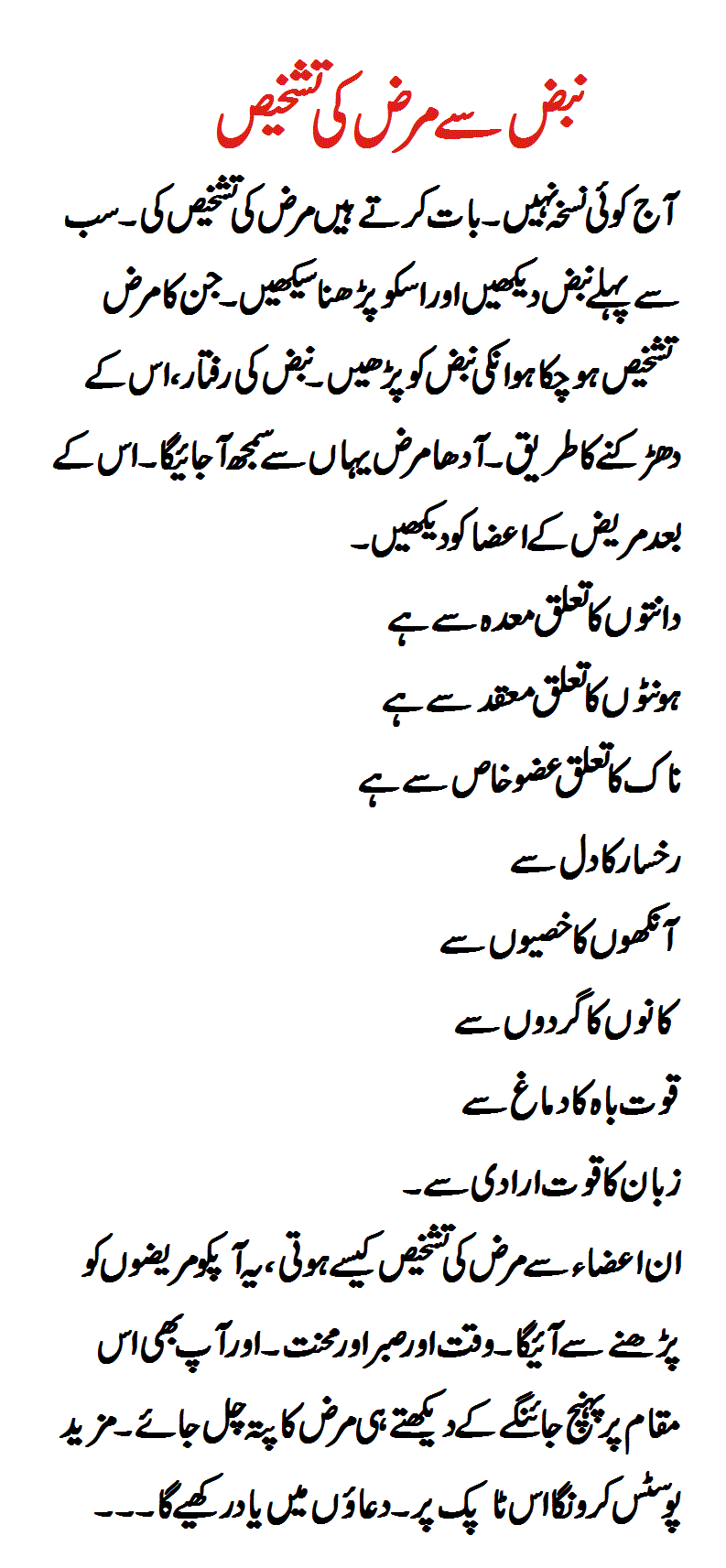Pulse diagnosis is based on another microsystem with internal organs represented on the wrists. Once the Chinese doctor has questioned the patient and looked at the tongue, it is time for pulse diagnosis. The patient stretches out his wrists or lays them on a small oblong rice cushion on the table. The doctor will use three fingers to take the patient’s pulse at three positions on each wrist simultaneously,
and will judge the pulse according to 28 variables (see Fig. 4.7). He will first use only light pressure against the patient’s wrist, then increase it. The light pressure allows the doctor to check one specific organ, the increased pressure another one.
Every organ’s status can be monitored by the quality of the pulse. The doctor can, among other things, feel if the organ lacks energy, or the energy has stagnated, if there is a lack of ‘blood’,5 or if a pathogenic factor has invaded the organ.
Measurement of temperature, waist circumference, weight, and height.
Evaluate the effects of blood pressure by viewing the retina, which can predict future patterns of cardiovascular disease.
Blood pressure:•
This is taken in sitting, standing, or supine positions and readings indicate stages of hypertension.
